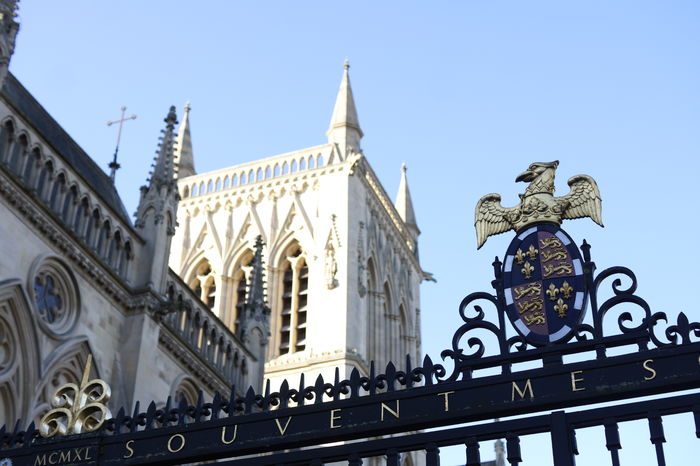Academics denounce ‘ageist’ retirement policy
One professor has described the policy as ‘discriminatory’ and threatened to sue the University

120 current and former Cambridge professors have called for an end to the University’s “forced retirement” policy.
One academic leading the opposition to the rule has said that he is prepared to sue the University if his employment tribunal case fails.
The letter signed by the 120 academics claims that the University’s Employer Justified Retirement Age (EJRA) creates a “brain drain”, forcing academics to take up positions away from Cambridge.
The policy sets a retirement age of 67, coming into force at the end of the academic year in which an employee reaches this age.
The letter concluded that the policy is “immoral, illegal, unfair, uneconomic, and bad employment practice,” reports Cambridgeshire Live.
Professor Ross Anderson, an academic in security engineering at Cambridge, was unable to continue in his full-time position at the University this September as a result of the EJRA policy, he says.
According to Professor Anderson, the policy prevents professors from applying for five-year research grants, effectively short-circuiting their careers. Anderson told Varsity: “When the university cuts off access to research grants because of age, it’s a boom-headshot moment for academics who rely on money for their research.”
The EJRA policy “goes against the DNA of Cambridge— a place where people devote themselves to their subjects,” Anderson continued.
Professor Anderson claimed that the policy “is discriminatory against women who wish to take time off to raise a family and then resume their careers”. The rule is “an issue of fairness and justice,” he said.
Speaking to Cambridgeshire Live, Professor Anderson compared Cambridge’s retirement policy to that of other universities: “In a normal university people might retire at 65 or 70 or 73, depending on how their work is going [and] how vigorous and healthy they feel.”
“But in Cambridge, you had this artificial system whereby people got sacked on the 30th of September after which he turned 67,” he said.
Professor Anderson is planning to take his case to the employment tribunal, hoping for a repeal of the policy before Easter term 2024. Earlier this year, four Oxford academics won an employment tribunal regarding the policy, with judges concluding that the EJRA had a “discriminatory effect”.
When asked if the University could do anything that would preclude him from taking legal action, Anderson said: “I already have a team of lawyers ready, and I am suing for reinstatement. I am not changing this position.”
The University instituted the EJRA in June 2012 and revised it in 2015–2016. The policy is currently under review again and was set to be discussed in yesterday’s University Council meeting (27/11).
A University spokesperson said: “The University has established a review group to consider whether its employer-justified retirement age should remain, be abolished or be updated, and the University Council will shortly receive an update on its work.”
“It is aware of the considerable interest that all staff (not just those who are approaching retirement) have on this matter and has been consulting widely,” they continued.
“The review group is aiming to complete this work in time for the 2024 cohort of retirees to know where they stand and the Council will be considering the feasibility of this timetable later this term,” the spokesperson said.
 News / Colleges charge different rents for the same Castle Street accommodation2 March 2026
News / Colleges charge different rents for the same Castle Street accommodation2 March 2026 News / King’s hosts open iftar for Ramadan3 March 2026
News / King’s hosts open iftar for Ramadan3 March 2026 Theatre / Lunatics and leisure centres 4 March 2026
Theatre / Lunatics and leisure centres 4 March 2026 News / Angela Merkel among Cambridge honorary degree nominees27 February 2026
News / Angela Merkel among Cambridge honorary degree nominees27 February 2026 News / News in Brief: waterworks, wine woes, and workplace wins 1 March 2026
News / News in Brief: waterworks, wine woes, and workplace wins 1 March 2026








